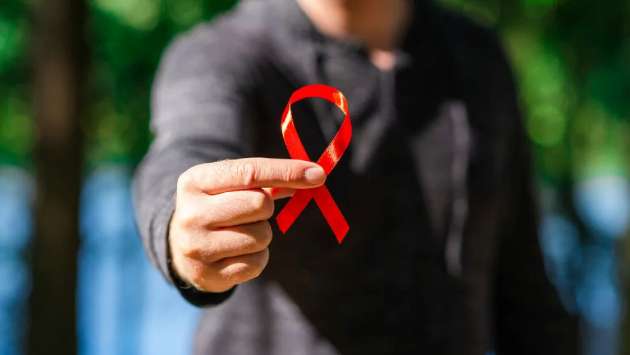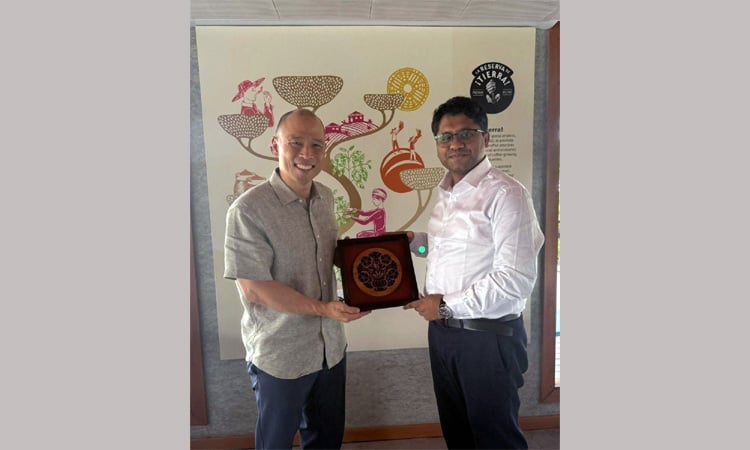Sri Lanka on HIV alert: Over 150,000 at risk from unsafe sex, drug practices
 Colombo, Oct. 25 (Daily Mirror) – Sri Lanka is facing a serious public health crisis, with more than 150,000 individuals engaging in unsafe sexual and drug-related behaviours, health authorities have warned. Experts fear that without immediate intervention, the country could see a sharp rise in HIV and sexually transmitted infections (STIs) in the coming years.
Colombo, Oct. 25 (Daily Mirror) – Sri Lanka is facing a serious public health crisis, with more than 150,000 individuals engaging in unsafe sexual and drug-related behaviours, health authorities have warned. Experts fear that without immediate intervention, the country could see a sharp rise in HIV and sexually transmitted infections (STIs) in the coming years.
According to the National STD/AIDS Control Programme under the Health Ministry, 127,511 high-risk individuals have been identified nationwide. This includes Female Sex Workers (FSW), Men who have Sex with Men (MSM), People Who Inject Drugs (PWID), Beach Boys (BB), and Transgender Women (TGW). Officials caution that these figures do not account for unregistered individuals in the broader community.
Dr. Chamal Sanjeewa, Chairman of the Medical and Civil Rights Doctors’ Union Alliance, highlighted that 35,000 female sex workers, 80,000 MSM, 3,011 drug injectors, 6,000 beach boys, and 3,500 transgender women face an elevated risk of HIV/AIDS and other STDs due to unprotected sexual activity.
He said around 6,000 people are currently living with HIV/AIDS, mostly in the Western Province, with high infection rates also reported from Galle, Kandy, Kurunegala, Anuradhapura, Matara, and Badulla.
The numbers reveal alarming patterns among high-risk groups such as transgender women: 13.3% syphilis positive, 1.4% HIV prevalence, female sex workers: 3.2% syphilis, 1.8% HIV, MSM: 2.9% syphilis, 1.5% HIV and beach boys: no HIV or syphilis detected, but risky sexual behaviour is increasing.
In 2024, 39,547 individuals were living with HIV, with 25,969 aware of their status. Over 1.2 million HIV tests were conducted, and nearly 593,000 condoms were distributed among high-risk groups.
In the first quarter of 2025, 5,700 people were living with HIV, with 10 AIDS-related deaths, fewer than 500 new infections, and the adult HIV prevalence (ages 15–49) at 0.1%. Among 15–24-year-olds, 30 males and two females were reported with HIV. Cumulative cases by gender include 5,190 males, 1,550 females, and 19 transgender individuals.
Dr. Sanjeewa urged urgent action, highlighting the need for stronger sex education in schools and measures to curb unsafe sexual practices.
“We must not allow sexualised tourism promotions or unregulated sexual behaviour to endanger public health. The government must take proactive measures to educate youth and ensure preventive programmes are enforced nationwide,” he warned.
Health authorities caution that without increased awareness, protection, and early testing, Sri Lanka risks a serious escalation in HIV and STD cases in the years ahead.




